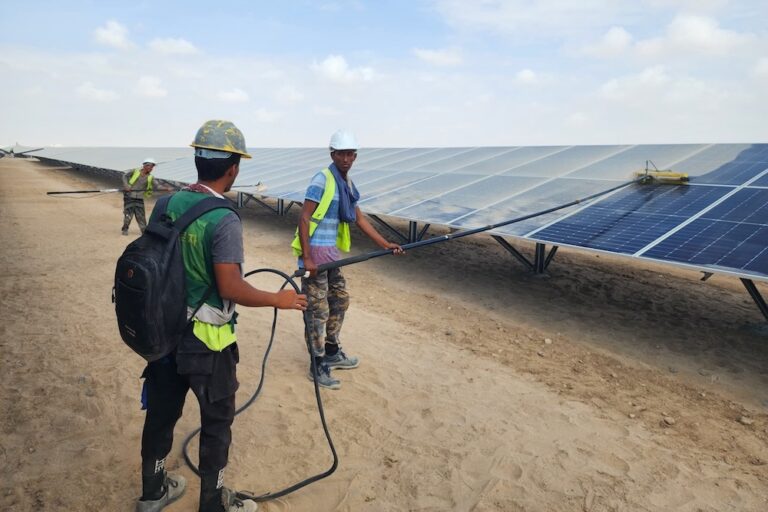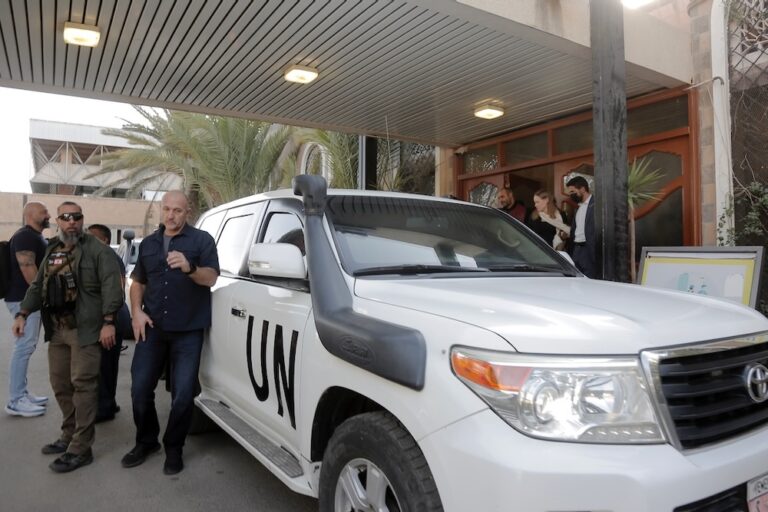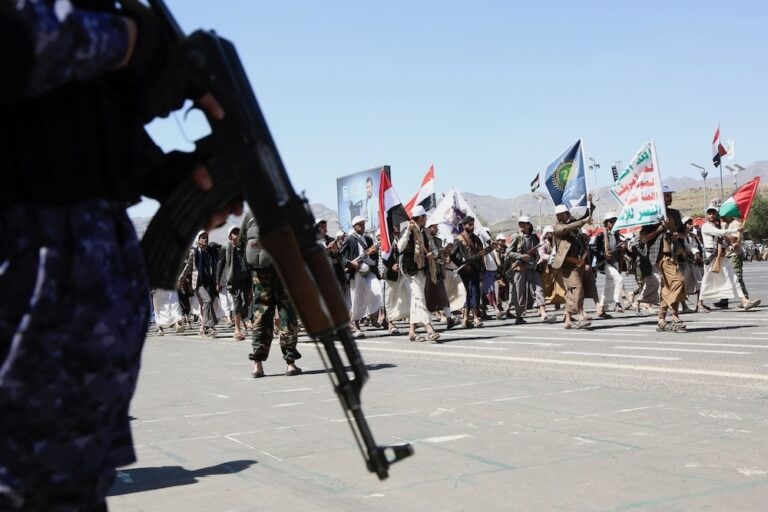(RSF/IFEX) – Reporters Without Borders has voiced concern about growing political censorship of the Internet in Yemen after the authorities blocked access to the opposition website http://www.al-shora.net on 24 February 2007. The site regularly carries articles about corruption, human rights and the need for political and cultural reforms. Several websites and chat forums were temporarily […]
(RSF/IFEX) – Reporters Without Borders has voiced concern about growing political censorship of the Internet in Yemen after the authorities blocked access to the opposition website http://www.al-shora.net on 24 February 2007. The site regularly carries articles about corruption, human rights and the need for political and cultural reforms. Several websites and chat forums were temporarily blocked during last September’s presidential elections.
“The government is increasingly resorting to the filtering of online content to prevent opposition political currents from disseminating their ideas,” Reporters Without Borders said. “As most newspapers and all the radio and TV stations are already controlled by the authorities, censuring the Internet has naturally become a priority for the government.”
Abdul Karim Khaiwani, who edits the Al-Shora website and a weekly newspaper of the same name, is often harassed by the authorities. He was sentenced to a year in prison in September 2004 for supporting an uprising by Shiite leader Badr Eddin al-Hawthi and for libelling President Ali Abdallah Saleh. Freed under a presidential pardon in March 2005, he is still closely watched by the authorities (see IFEX alerts of 23, 9 and 7 March 2005, 17 and 7 September 2004).
Access to several Yemeni websites and chat forums were blocked by the ministry of telecommunications and information in the run-up to last September’s presidential and local elections. The Yemeni Council site (http://www.al-yemen.org) and the Yemen Sound site (http://www.yemen-sound.com), two chat forums popular with young people, were among those blocked at the end of August (see alerts of 27 and 14 September 2006).
The site http://www.hewarye.com, which was well known for supporting the president in the past, was blocked by the ministry a few weeks later without any explanation being given to those who run it. The same day, the chat forum http://www.mostakela.com, which then had 1,450 members, was also blocked. And a news site, http://www.nasspress.com, was temporarily banned on the grounds that its coverage of the presidential election was not satisfactory. It was not unblocked until 24 September, after President Ali Abdullah Saleh had been re-elected (see alert of 27 September 2006).


